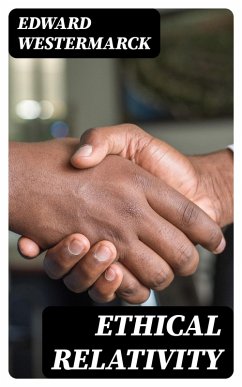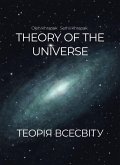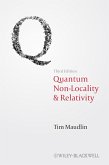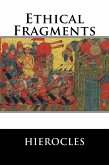In "Ethical Relativity," Edward Westermarck delves into the complex landscape of moral philosophy, examining the nature of ethics and the implications of cultural diversity on moral standards. Employing a clear and engaging prose style, Westermarck challenges established notions of absolute morality by proposing that ethical beliefs are deeply rooted in cultural contexts. Through a rigorous analysis of various societies, he highlights the relativity of moral norms and the potential for ethical pluralism, thereby positioning his work within the broader discourse of early 20th-century sociology and anthropology, as influenced by thinkers like William James and Franz Boas. Edward Westermarck, a Finnish philosopher and sociologist, is credited with foundational contributions to sociology and the study of morality. His experiences living in diverse cultural settings and his academic engagement with morality's sociocultural dimensions significantly shaped his perspective. Westermarck's background in both philosophy and anthropology informs his inquiry into ethical relativism, establishing him as a pivotal figure in understanding how morality is constructed within social frameworks. "Ethical Relativity" is essential for scholars, students, and general readers interested in moral philosophy, cultural studies, and sociology. Westermarck's nuanced arguments prompt critical reflection on our moral convictions, making this work a compelling read for anyone seeking to navigate the intricate relationship between ethics and cultural context.
Dieser Download kann aus rechtlichen Gründen nur mit Rechnungsadresse in A, B, BG, CY, CZ, D, DK, EW, FIN, F, GR, H, IRL, I, LT, L, LR, M, NL, PL, P, R, S, SLO, SK ausgeliefert werden.









